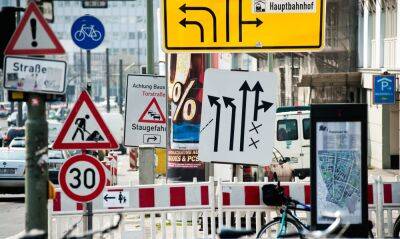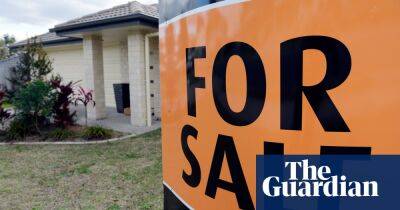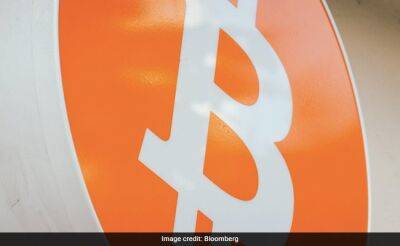Just do it: time for JD Sports to return furlough money
A £2m provision for a potential fine from the Competition and Markets Authority (CMA) for price-fixing on replica football shirts counts as small beer at JD Sports, a FTSE 100 company worth £6bn even after a halving of its share price in the past eight months. But it all adds to the sense of distrust around the corporate “king of trainers” after last month’s messy exit of long-serving executive chairman Peter Cowgill.
Indeed, the alleged larks with Rangers kit represent the second run-in with the CMA in a matter of months. The last episode involved a £4.3m fine and an illicit meeting in a car park between Cowgill and the boss of Footasylum, a business JD was supposed to be holding at arm’s length until the takeover got regulatory approval (it didn’t in the end).
The events seems to have been one factor behind Cowgill’s sudden departure after a dramatic board meeting. That, at least, was a natural way to read the board’s lament that “internal infrastructure, governance and controls” had not kept pace with the company’s spectacular growth. Put another way, the publicity-shy Rubin family, the controlling shareholder with a 55% stake held via Pentland Group, would like JD to look more like a regular FTSE 100 outfit and avoid getting into so many scrapes.
If that’s the case, Cowgill’s defenestration may be for the best, even if it has given other shareholders a fright. But there’s another reforming action JD could take on the road to corporate normality: return the £61m of furlough support claimed during Covid.
Almost every other Footsie retailer – Associated British Foods’ Primark, for example – has done so in cases where financial results have turned out better than expected. JD’s performance certainly fits that description:
Read more on theguardian.com
 theguardian.com
theguardian.com


















